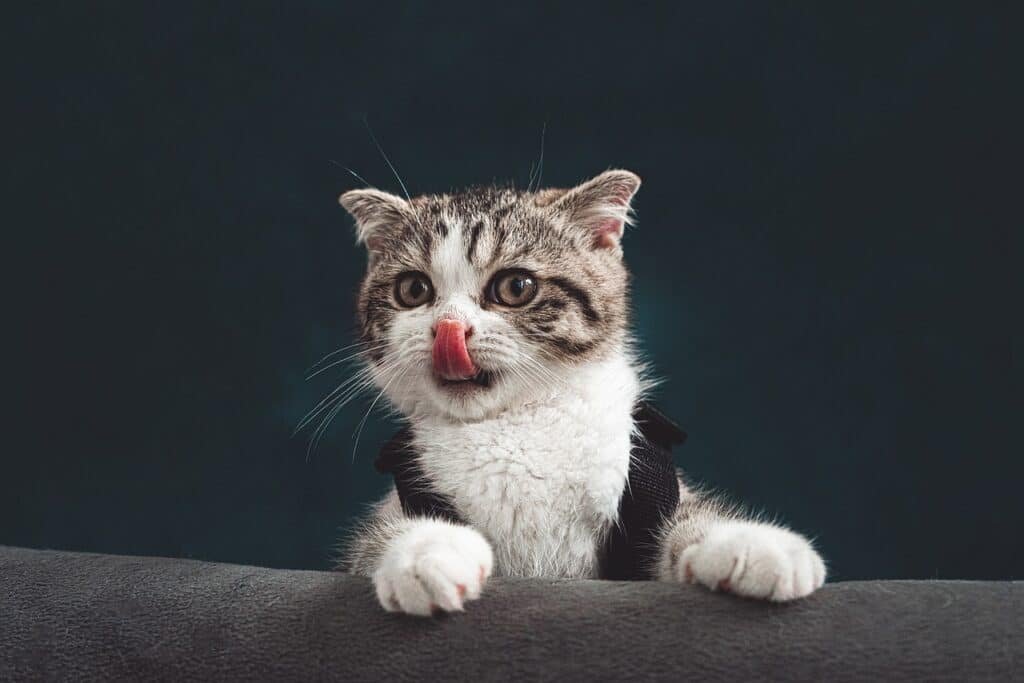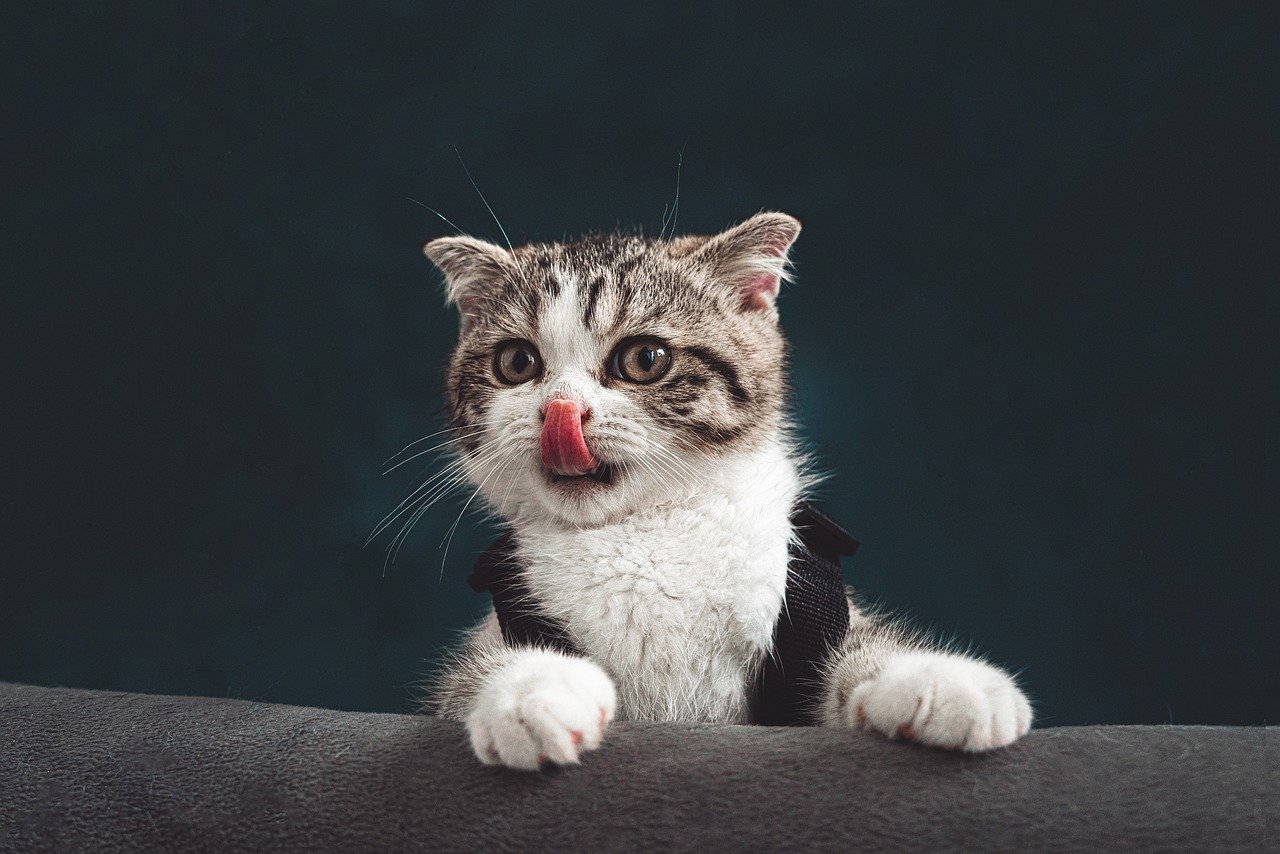You probably worry and wonder why your cat is throwing up undigested food if you’ve noticed this. Cats who vomit can cause distress to both themselves and their owners. Your cat’s health and well-being depend on your being aware of the causes of this problem and how to resolve it.

Typical Causes of Cats Throwing Up Undigested Food
1.Consuming Food Too Fast :
Gobbling cats are more likely to throw up food particles that have not fully digested. They may regurgitate soon after eating if they consume too quickly and ingest air.
2.Hair Globules
Cats, especially those with longer coats, frequently
experience hairballs. Cats can vomit because they consume hair when grooming,
which builds up in their stomach.
3.gastrointestinal problems
Experiencing vomiting can be a symptom of various conditions such as gastroenteritis, inflammatory bowel disease (IBD), or gastritis—regurgitation results from these illnesses’ irritation of the stomach lining.
4.Food Intolerances and Allergies
Cats are susceptible to dietary allergies and intolerances, just like people. Dairy, beef, and seafood are common allergies. Reducing vomiting in your cat can be achieved by identifying and removing these from its diet.
5.Invertebrates
Vermin such as tapeworms or roundworms can induce vomiting. Maintaining your cat free of parasites requires routine deworming and veterinary examinations.
6.Anxiety and stress
Stressful events for your cat include relocating to a new house or getting a new pet. Physical symptoms such as vomiting can be a manifestation of stress.
How to Handle and Avoid Vomiting in Cats
1.Smaller, More Regular Meals Should Be Fed
Try giving your cat smaller meals more frequently throughout the day if they eat too quickly. Additionally helpful are feeding bowls made specifically to slow down eating.
2.Gradually Introduce New Foods
When changing your cat’s diet, do so gradually over a week or two. This allows their digestive system to adjust without causing stomach upset.
3.Regular Grooming
Help reduce hairballs by brushing your cat regularly, especially if they have long fur. Special hairball control foods and treats can also be beneficial.
4.Keep an eye out for allergies
Keep an eye out for any negative food-related reactions. A diet of elimination can be used to pinpoint particular allergies. See your veterinarian for advice.
5.Frequent Veterinary Appointments
Regular examinations are essential for the early diagnosis and management of parasites and gastrointestinal issues. Your veterinarian can run diagnostic tests to find the source of the problem.
6.Establish a calm environment.
Reduce tension by creating a steady, serene atmosphere. Make sure your cat has a calm, secure area they can go to when they’re feeling nervous.
When to Consult a Veterinarian
Frequent or severe episodes of vomiting should be taken to the vet, although isolated episodes might not need to be concerned about. Dehydration and other health problems might result from vomiting regularly. You should seek expert assistance right away if your cat exhibits other symptoms such as lethargy, diarrhea, or weight loss.
In summary
The first step in solving your cat’s undigested food vomiting problem is figuring out why it is happening. You can lessen and even stop vomiting in them by keeping an eye on their eating patterns, food, and general health. In order to make sure your feline friend is happy and healthy, always seek advice from a veterinarian.
Discover more from EMMOCEB
Subscribe to get the latest posts sent to your email.







